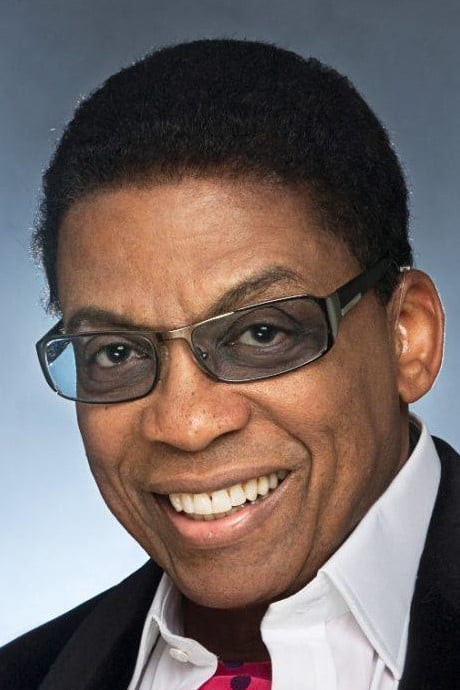

From Wikipedia, the free encyclopedia. Herbert Jeffrey Hancock (born April 12, 1940) is an American pianist, bandleader and composer. As part of Miles Davis's "second great quintet", Hancock helped redefine the role of a jazz rhythm section, and was one of the primary architects of the "post-bop" sound. He was one of the first jazz musicians to embrace synthesizers and funk. Hancock's music is often melodic and accessible; he has had many songs "cross over" and achieved success among pop audiences. His music embraces elements of funk and soul while adopting freer stylistic elements from jazz. In his jazz improvisation, he possesses a unique creative blend of jazz, blues, and modern classical music, with harmonic stylings much like the styles of Claude Debussy and Maurice Ravel. Hancock's best-known solo works include "Cantaloupe Island", "Watermelon Man" (later performed by dozens of musicians, including bandleader Mongo Santamaría), "Maiden Voyage", "Chameleon", and the singles "I Thought It Was You" and "Rockit". His 2007 tribute album River: The Joni Letters won the 2008 Grammy Award for Album of the Year, only the second jazz album ever to win the award after Getz/Gilberto in 1965. As a member of Soka Gakkai, Hancock is an adherent of the Nichiren school of Mahayana Buddhism. Description above from the Wikipedia article Herbie Hancock, licensed under CC-BY-SA, full list of contributors on Wikipedia
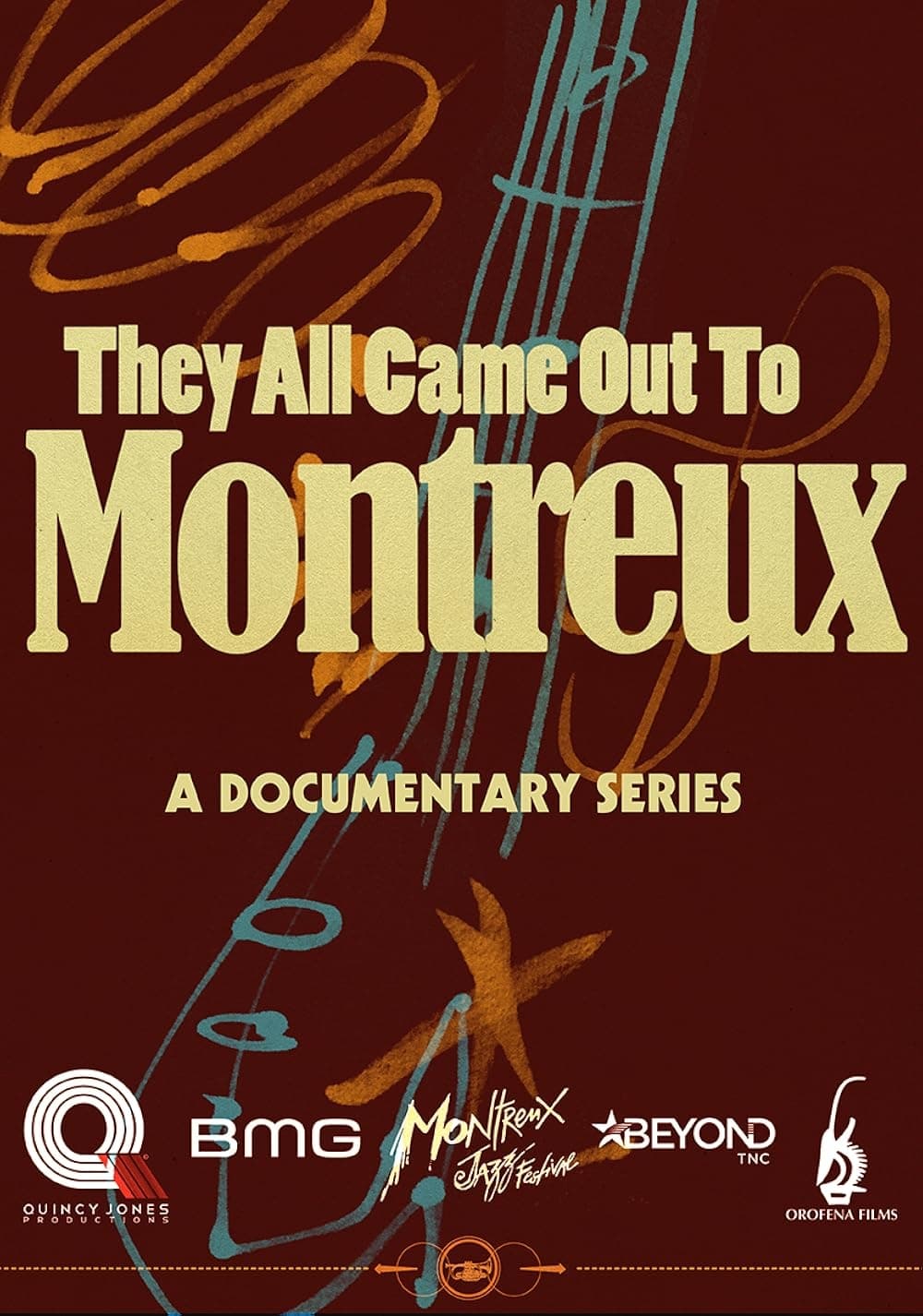
Utilizing a wealth of archival footage featuring Prince, Aretha Franklin,...
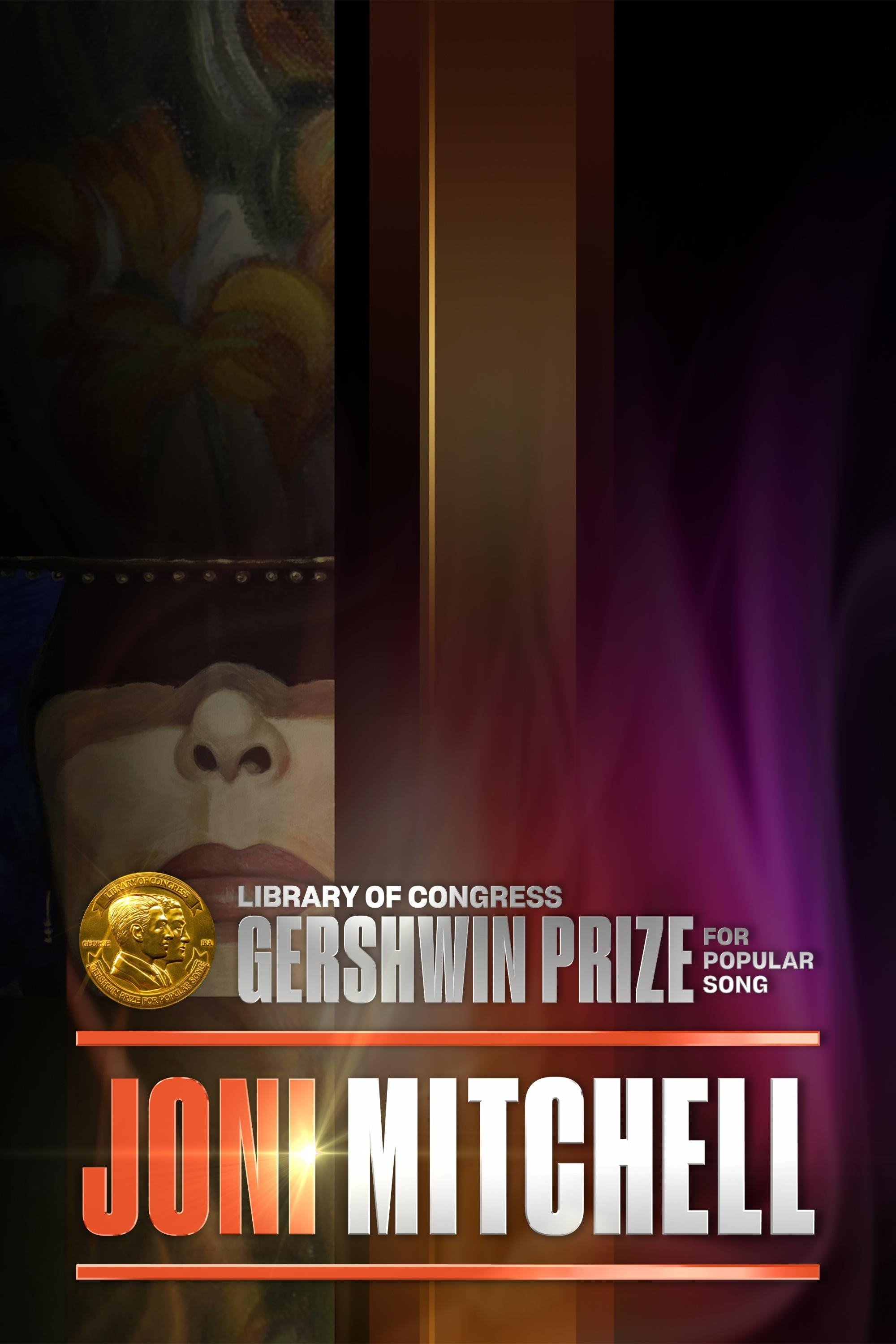
After getting her start in coffee shops Joni Mitchell went...
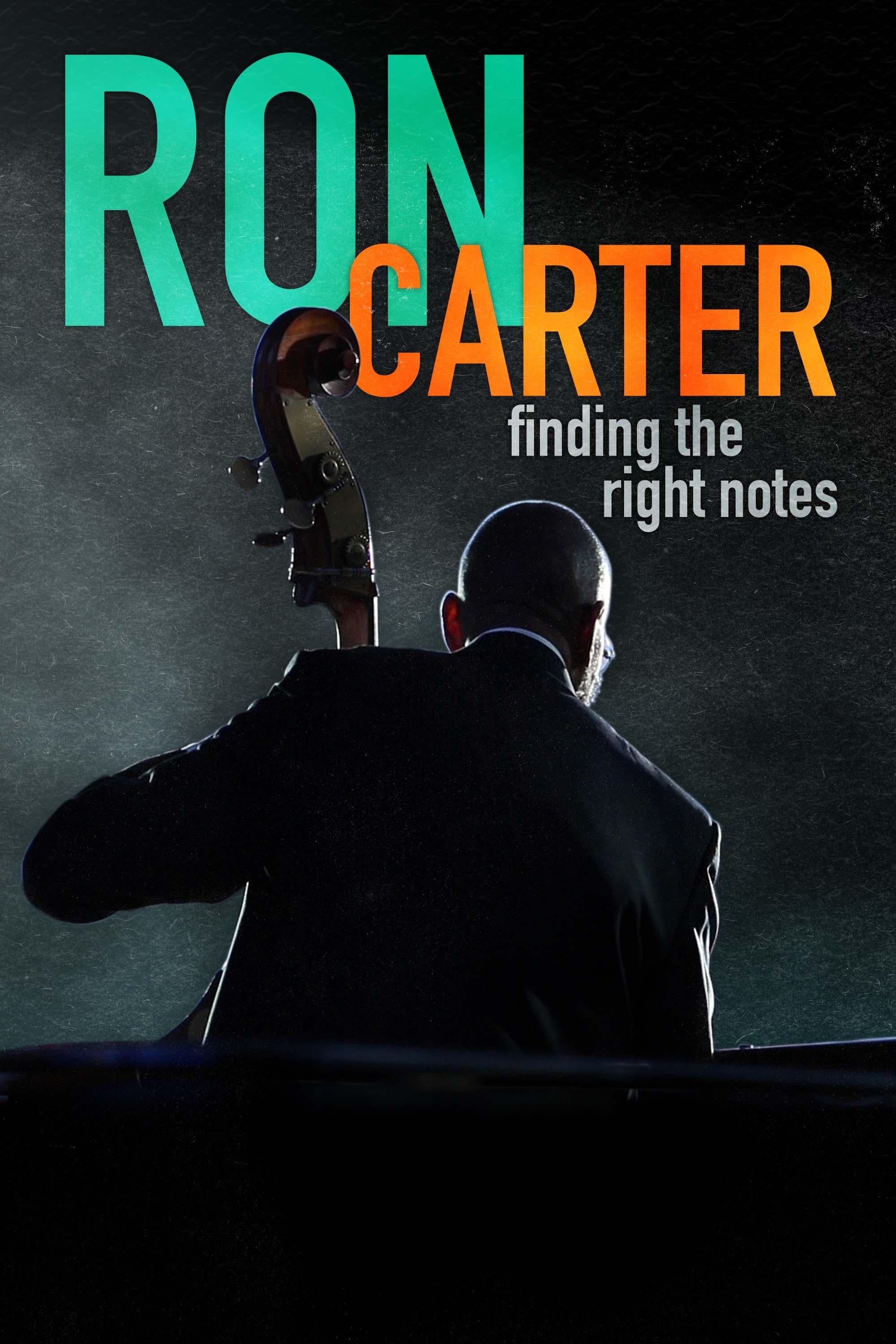
The life and career of jazz musician Ron Carter, the...
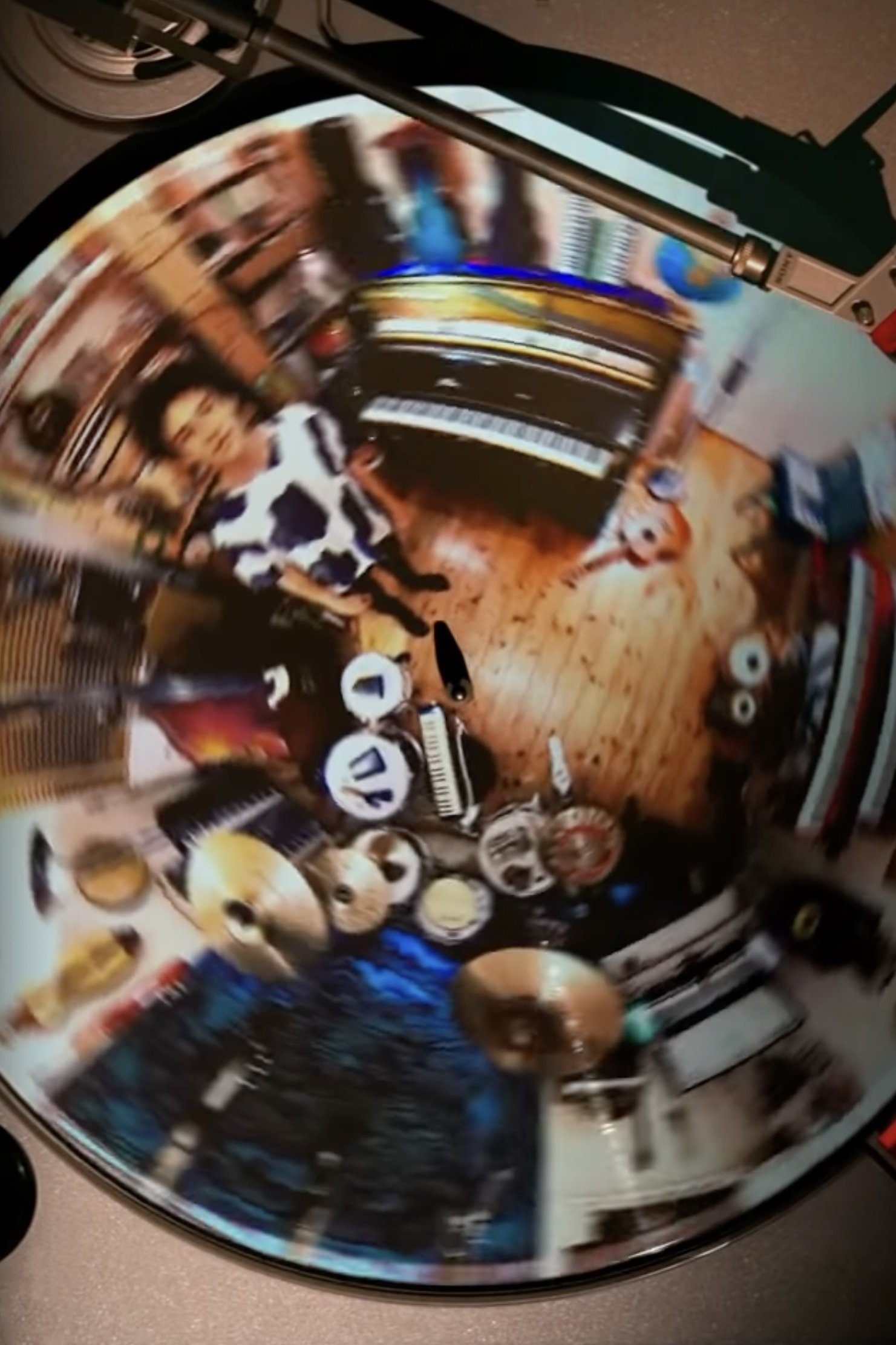
Twenty-something virtuoso multi-instrumentalist, singer and arranger Jacob Collier has managed...
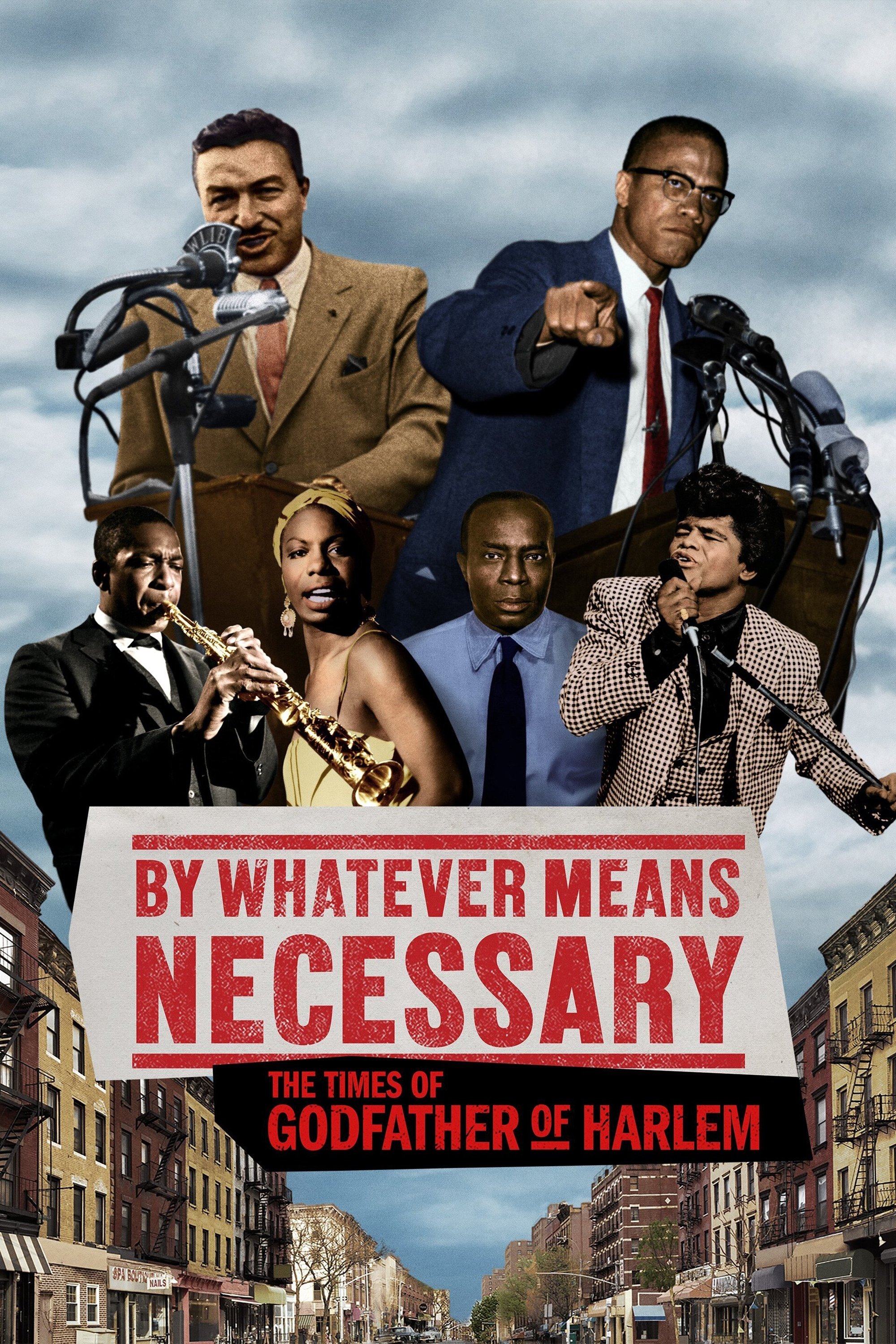
Inspired by the music and subjects featured in the series...
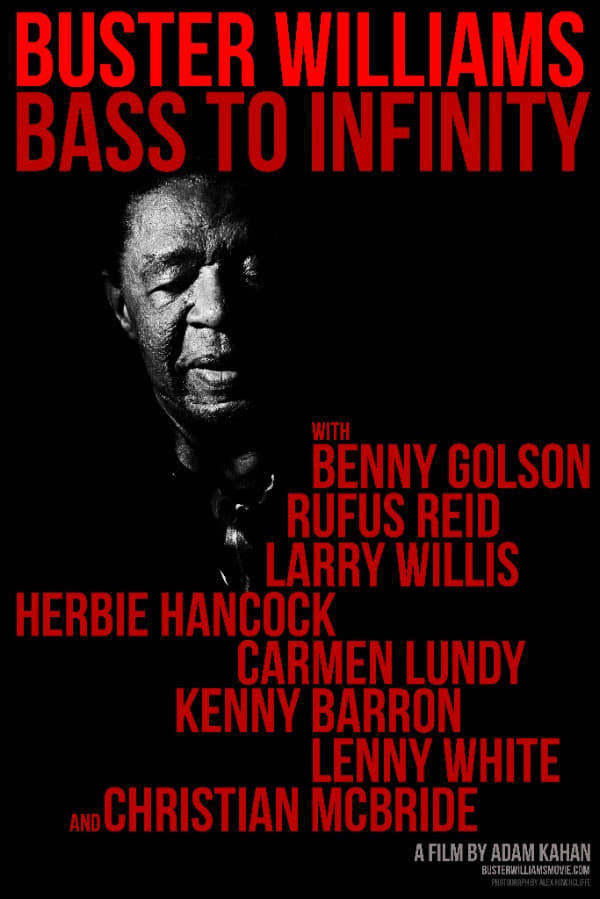
Imagine hanging out with Charlie Parker and Dizzy Gillespie, hearing...
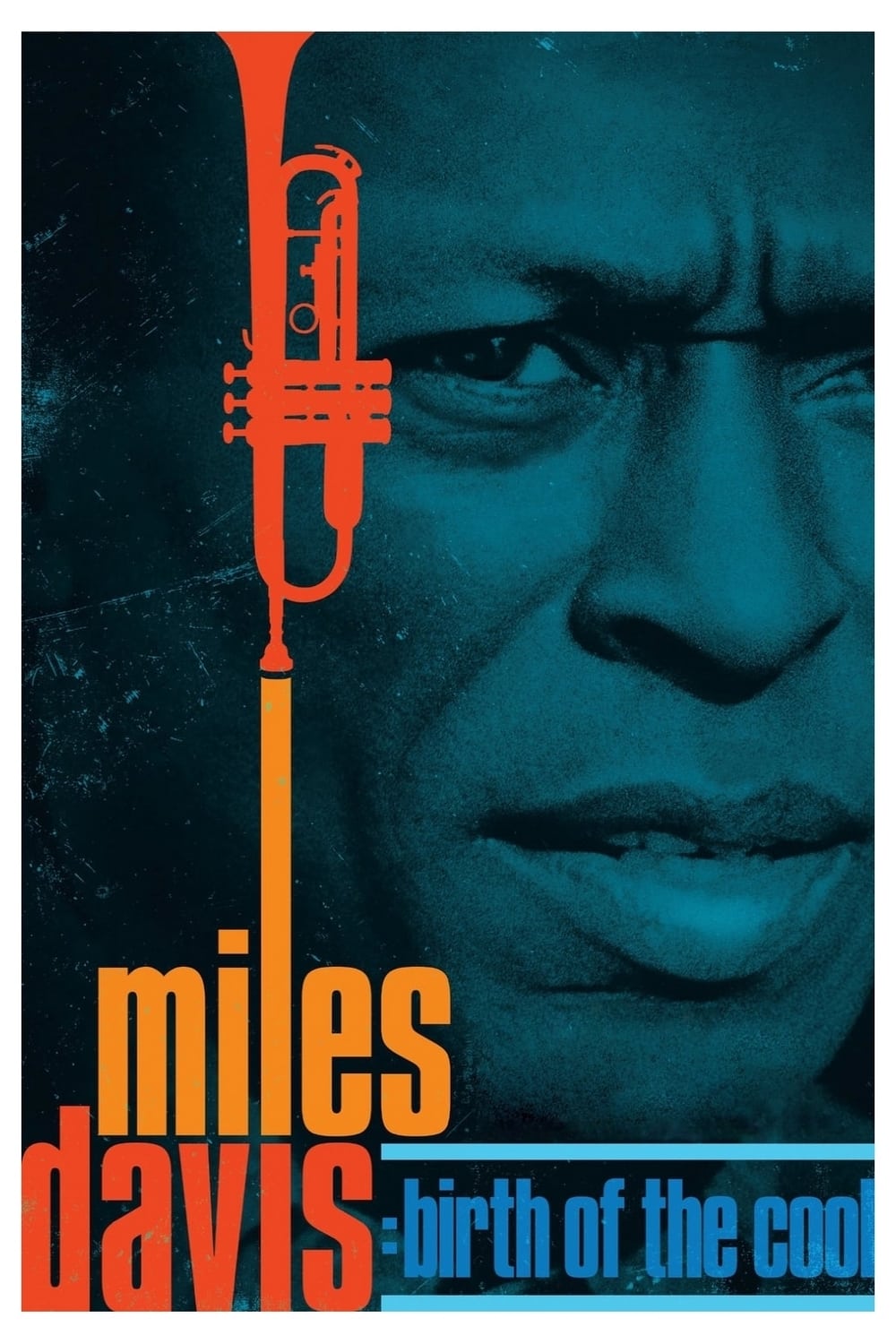
An immersive look at the eventful life and brilliant artistic...
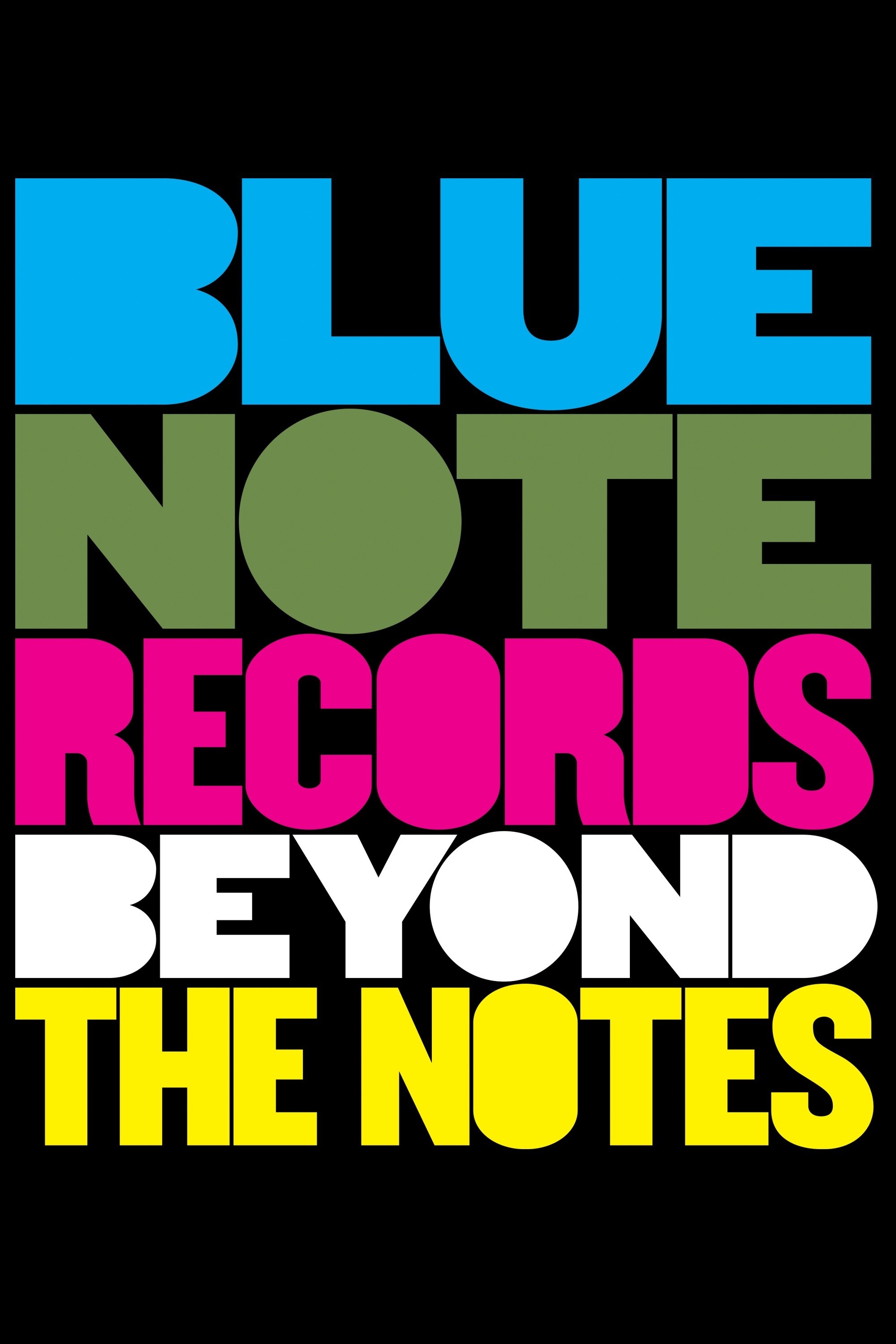
Explore the vision behind the iconic American jazz record label....